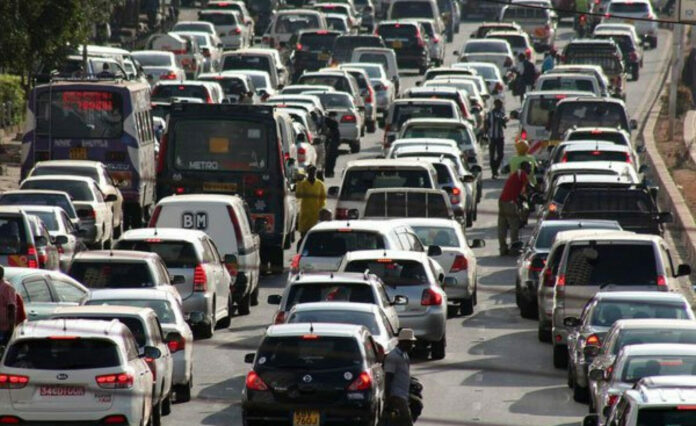In Kenya, owning a car is a big achievement for ordinary Kenyans who wish to escape the chaotic public transport.
A car brings loads of convenience, but it also comes with a bunch of financial headaches, from import fees to yearly taxes.
Getting these costs right is important for every car owner as they will have a resounding effect on maintenance as well as your wallet.
In this article, we break down the various taxes, and levies associated with owning a car in Kenya and how they contribute to the government revenue and infrastructure maintenance.
Import Duties and Taxes
- Import Duty: To own an imported vehicle one must fork over 25% of the Customs Value (Cost, Insurance & Freight – CIF) as import duty to the KRA. This is mandated by the EAC Customs Management Act of 2004.
- Excise Duty: Excise Duties are determined by engine size and the age of the vehicle. Older cars with bigger engines correlate to higher rates, calculated at 25% of combined Customs Value + Import Duty. Those with engines 1500 cc and below, their rates are at 20%.
- Value Added Tax: As per the VAT Act of 2013, 16% VAT is charged on the combined CIF Value, Import Duty and Excise Duty.
- Railway Development Levy (RDL): This is capped at 1.5% of the CIF value according to the Finance Act of 2013.
- Import Declaration Fee (IDF): A 3.5% fee on the CIF value as detailed by the Customs and Border Control Department.
Annual License and Compliance Fees
- Motor vehicle inspection fee: Paid annually to NTSA
- Annual Advance Tax: This only applies to commercial vehicle owners, whose rates depend on the type and capacity of the vehicle as per the Income Tax Act, Cap 470.
The Finance Act of 2013 introduced an advance tax of either Sh. 100 per passenger capacity or Sh. 5,000 annually, whichever amount is higher, for sedans, station wagons, minibuses, buses, and coaches.
For vans, pick-ups, trucks, prime movers, trailers, and lorries, the Finance Act of 2013 rate is Sh. 2,500 per ton of loading capacity or Sh. 5,000 annually.
Indirect Taxes
Indirect taxes are mostly manifested in fuel. Fuel Prices in Kenya have been shaky over the past 5 years.
Even though the cost of getting the fuel to the port is low, several indirect taxes pile up making the final price at the pump hefty. They include:
- VAT on Fuel: 16% VAT charged on petrol and diesel
- Excise Duty on Fuel: Sh. 21.95 per litre of petrol and Sh. 11.37 per litre of diesel
- Road Maintenance Levy: Sh. 18 per litre of petrol and diesel
- Petroleum Development Levy: Sh. 5.40 per litre of petrol and diesel
- Petroleum Regulatory Levy: Sh. 0.25 per litre of petrol, diesel and kerosene.
- Railway Development Levy: 2% per litre
- Import Declaration fee: 3.5% per litre of fuel
- Merchant shipping fee: Sh. 0.03 per litre
Police beat up, arrest Kenyans protesting against Ruto taxes in Nairobi
Import Duties Imposed on Vehicle Parts
According to the EAC Customs Management Act of 2004, Indirect taxes are imposed on spare parts and vehicle accessories. They include:
- VAT on Vehicle Maintenance & Services: 16% VAT on services at garages and service centres as stipulated in the VAT Act of 2013.
- Insurance Premium Levy: 0.2% levy on insurance premiums as per the Insurance Act, Cap 487.
Miscellaneous fees
- Parking Fees: These are charged by relevant county governments in accordance to the county bylaws and regulations
- Toll Fees: Payable for using certain roads/bridges with toll stations eg Nairobi Expressway.
Recently, the Kenyan government through the Finance Bill had proposed adding a vehicle ownership tax dubbed motor vehicle circulation tax. In this new tax, Kenyans will pay as much as Sh. 100,000 to have cars operating on roads.









